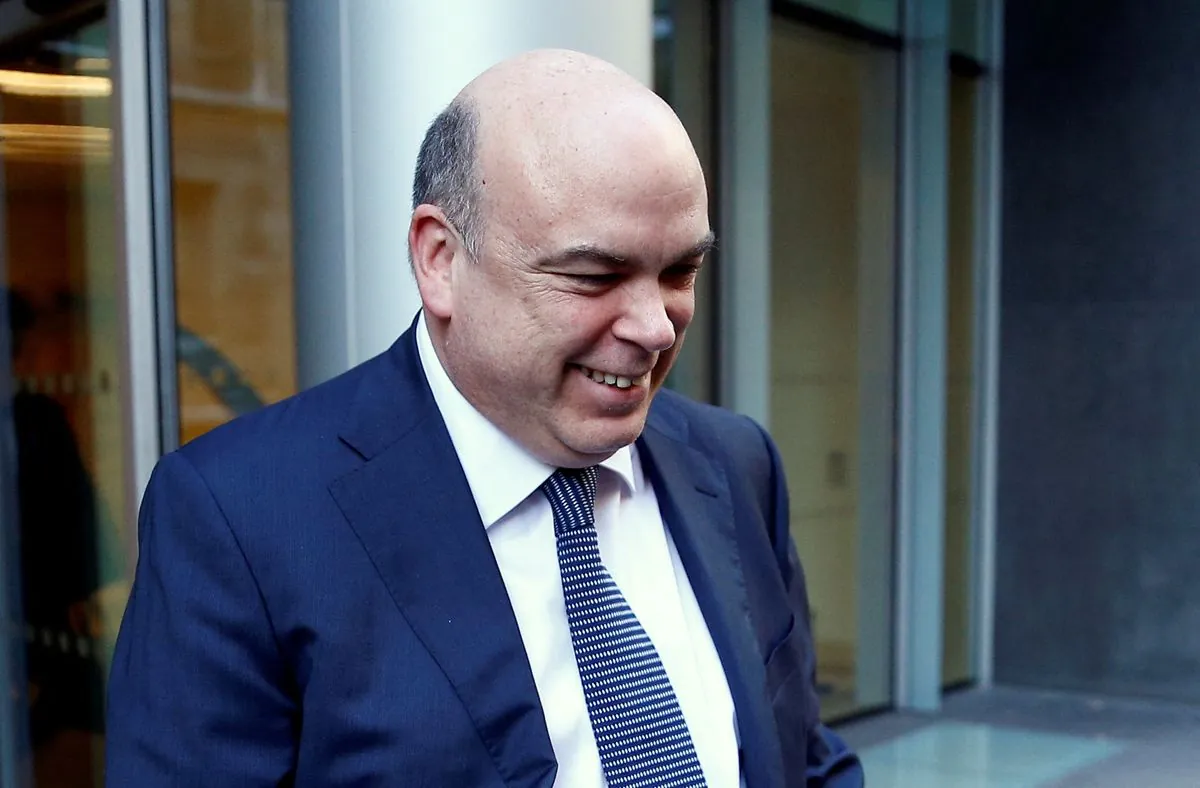HPE's £3bn Fraud Case Against Mike Lynch's Estate: Legal Complexities Unfold
HPE's fraud case against Mike Lynch's estate faces legal hurdles after his tragic death. Experts suggest the £3bn claim may continue, raising questions about the future of the decade-long dispute.

The legal landscape surrounding Hewlett Packard Enterprise's (HPE) £3bn fraud case against tech entrepreneur Mike Lynch has taken an unexpected turn following his tragic death. Legal experts suggest that the long-running claim, stemming from the £7bn sale of Lynch's software company Autonomy to HPE in 2011, is likely to be transferred to the administrators of his estate.
HPE's fraud case against Lynch and former CFO Sushovan Hussain has been ongoing for over a decade, highlighting the complexities of valuing tech companies with intangible assets. The case, which involved allegations of fraudulent accounting practices that overstated Autonomy's value, has had significant implications for cross-border mergers and acquisitions in the tech industry.
In January 2022, the UK High Court ruled in favor of HPE, with Mr Justice Hildyard stating that Lynch and Hussain had pursued "contrived" deals with "no commercial substance." This verdict came after years of legal battles on both sides of the Atlantic, showcasing the challenges of resolving disputes in the fast-paced world of technology acquisitions.

The legal proceedings took an unexpected turn when Lynch's death was confirmed on August 22, 2024, three days after a yacht incident off the Sicilian coast. This tragic event has raised questions about the future of the case and its potential impact on Lynch's estate.
Legal experts, including Keith Oliver, head of international at law firm Peter and Peters, have indicated that the claim is likely to continue against Lynch's estate. Oliver stated, "The judgment is enforceable against the estate. If the person has passed, the claim continues." This suggests that Lynch's personal representatives may now be responsible for defending the claim and potentially pursuing an appeal.
The case has brought to light the challenges of due diligence in large-scale tech acquisitions. Autonomy, founded in 1996, specialized in analyzing unstructured "big data," making it an attractive target for HPE's expansion into enterprise software. However, the subsequent legal battles have underscored the risks involved in such high-profile deals.
While HPE initially claimed $5bn in damages, the final amount remains undetermined. The company, valued at around $25bn, must now weigh the potential financial benefits against public perception and the costs of continuing the legal battle. As a listed company in the US, HPE has a fiduciary duty to act in the best interests of its shareholders.
The case's future remains uncertain, with factors such as public opinion, appeal risks, and the recent acquittal of Lynch on US criminal charges potentially influencing HPE's decision to pursue the claim. As the tech industry watches closely, the outcome of this case could have far-reaching implications for future acquisitions and legal disputes in the sector.
"We do not think it appropriate to comment on legal matters in these tragic circumstances. We're saddened by this tragic event and our thoughts are with the families and friends of all the victims."
As the legal community and tech industry await further developments, the case continues to highlight the complex interplay between innovation, corporate strategy, and legal accountability in the ever-evolving world of technology.


































